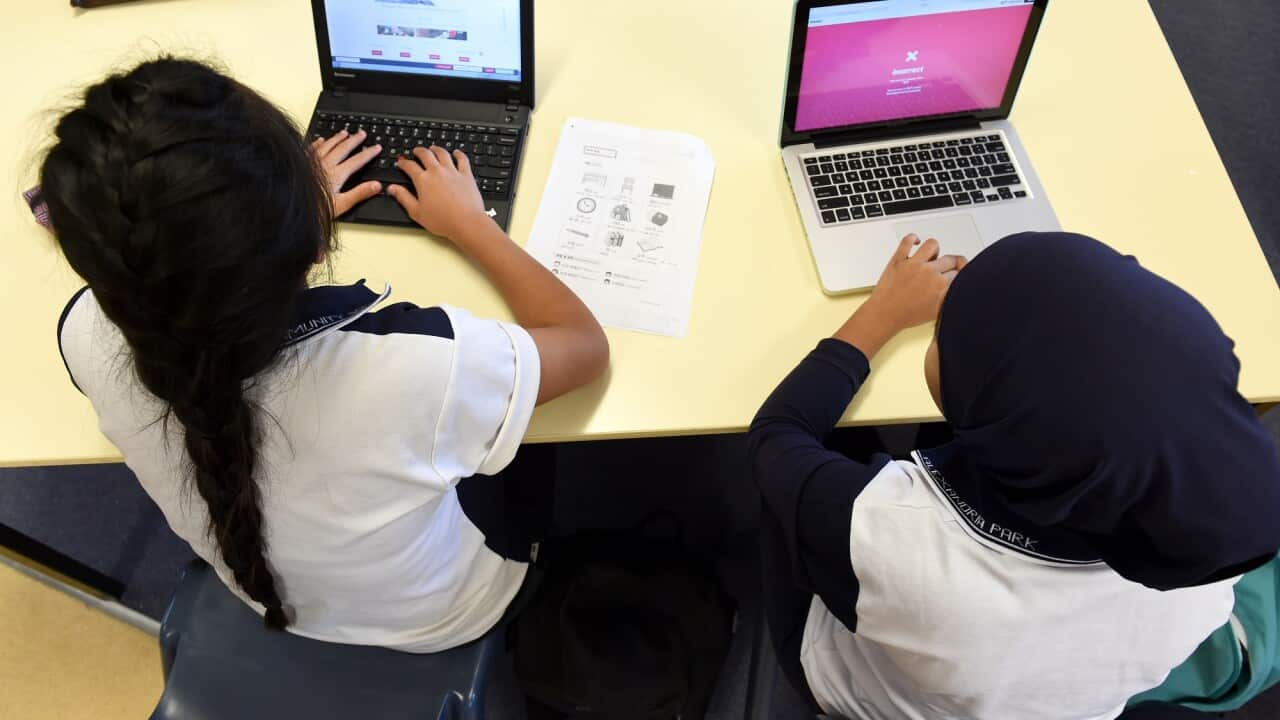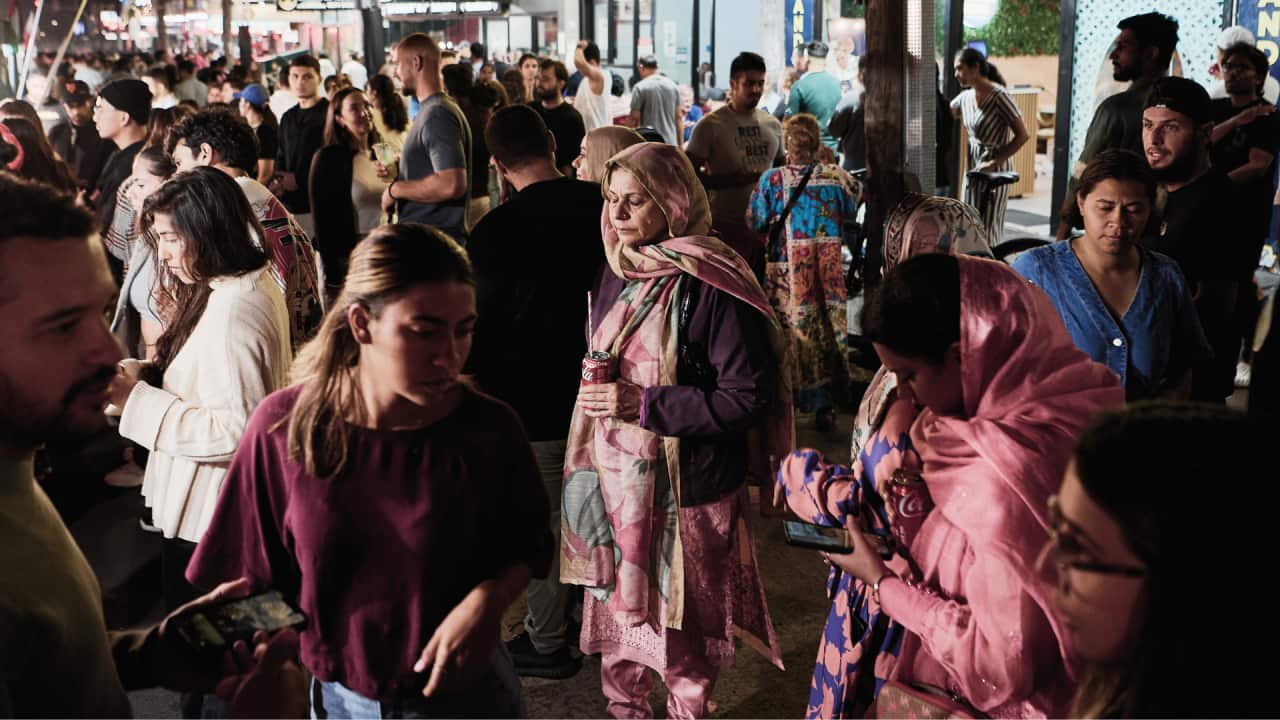One artificial tool called ChatGPT is being used more by students since it launched in November 2022.
It allows users to enter written prompts that generates responses - including full-length essays and short stories - within seconds.
Award-winning author Dr Sean Williams teaches creative writing at Flinders University.
He says overreliance on tools like ChatGPT stifles creativity.
"ChatGPT is only as good as it’s been trained. And other AI technologies too. They’re all trained on materials that have been produced by humans, usually lots of humans. So in that sense they’re not capable of independent creative thought, they’re very good at assimilating data and replicating existing styles but when you’re trying to create something new, trying to generate a new understanding, AIs aren’t particularly good at that."
Public schools in at least five states -Victoria, New South Wales, Queensland, Western Australia and Tasmania - have already moved to ban ChatGPT through measures like using a firewall to block access to the website on school grounds.
Deakin University academic on curriculum design, Dr Lucinda Knight, says education institutions are aware of the problem and have been working on ways to respond.
"Students for at least the last two years, school students and university students, have been using the previous generation of AI-writers to write essays and submit them. And it’s been pretty well nigh impossible to detect them with the detection software that was available.”
There is also the issue of how AI will be used by the teachers themselves.
Research published this year in the peer-reviewed journal Computers in Human Behaviour found that the best way to capture the benefits of using AI, while limiting the disdvantages, was for teachers to understand the ethical issues and impacts on students.




